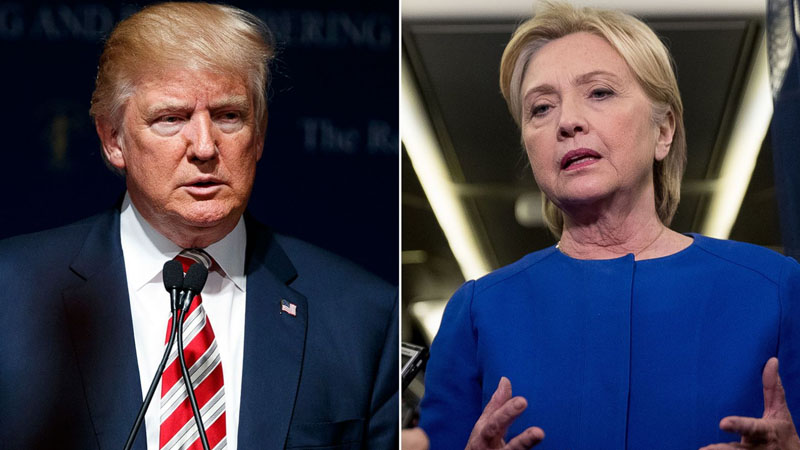In 2020, the world faced an unparalleled crisis with the outbreak of the COVID-19 pandemic, putting nations and their leaders under intense scrutiny. A reflection on this period, prompted by a statement from Hillary Clinton as reported by the Hillary Clinton X Post on March 13, 2024, raises a poignant question about leadership and societal well-being: “Are you better off today than you were four years ago?” This inquiry, set against the backdrop of a global health emergency, casts a spotlight on the leadership displayed during these challenging times, particularly in the United States under then-President Donald Trump.
Trump’s approach to the pandemic was marked by a series of controversies, from initial denials of the virus’s severity to the promotion of unverified treatments, drawing widespread criticism from a spectrum of health experts, scientists, and political adversaries.
The lack of a cohesive, science-based national strategy led to the virus spreading rapidly, with the U.S. experiencing one of the highest infection and death rates globally. This approach starkly contrasted with nations that quickly adopted rigorous public health measures, showcasing the critical need for decisive and informed leadership during health crises.
The economic repercussions of the pandemic further underscore the gravity of Clinton’s question. The U.S. economy faced a severe downturn, with unemployment rates soaring and numerous businesses closing their doors, leaving many Americans in a precarious financial state.
The human cost of the pandemic, with countless lives lost and healthcare systems overwhelmed, adds a deeply personal dimension to the reflection on the country’s state compared to four years prior. The pandemic also intensified political polarization, with opinions on Trump’s handling of the crisis deeply divided along partisan lines. This division highlights the broader societal rifts that have become more pronounced in the wake of the pandemic.
Reflecting on Clinton’s question in the context of the pandemic invites a broader contemplation of what constitutes effective leadership during a crisis. It emphasizes the importance of empathy, transparency, and reliance on scientific evidence in guiding policy decisions. The lessons learned from this period are crucial for future leaders, underscoring the need for a united and science-driven approach to safeguarding public health and economic stability.
As the world continues to grapple with the aftermath of the pandemic, Clinton’s inquiry serves as a reminder of the profound impact leadership can have on a nation’s ability to navigate and recover from crises. It challenges us to consider the attributes necessary for leaders to foster resilience and prosperity in the face of unprecedented challenges.

